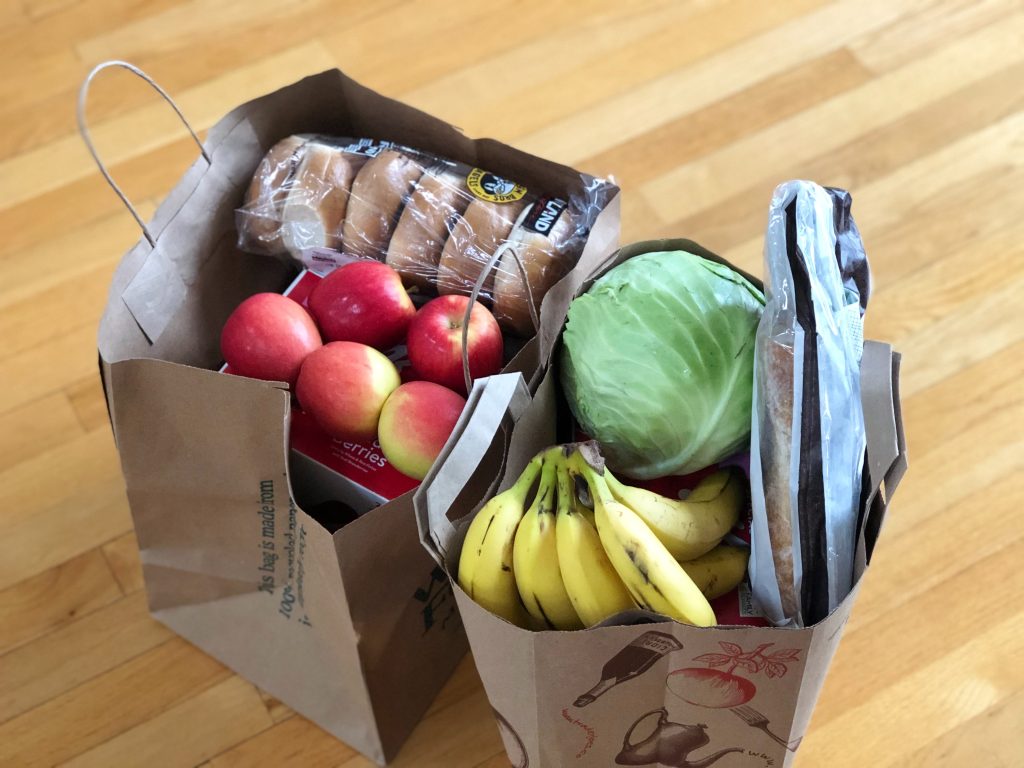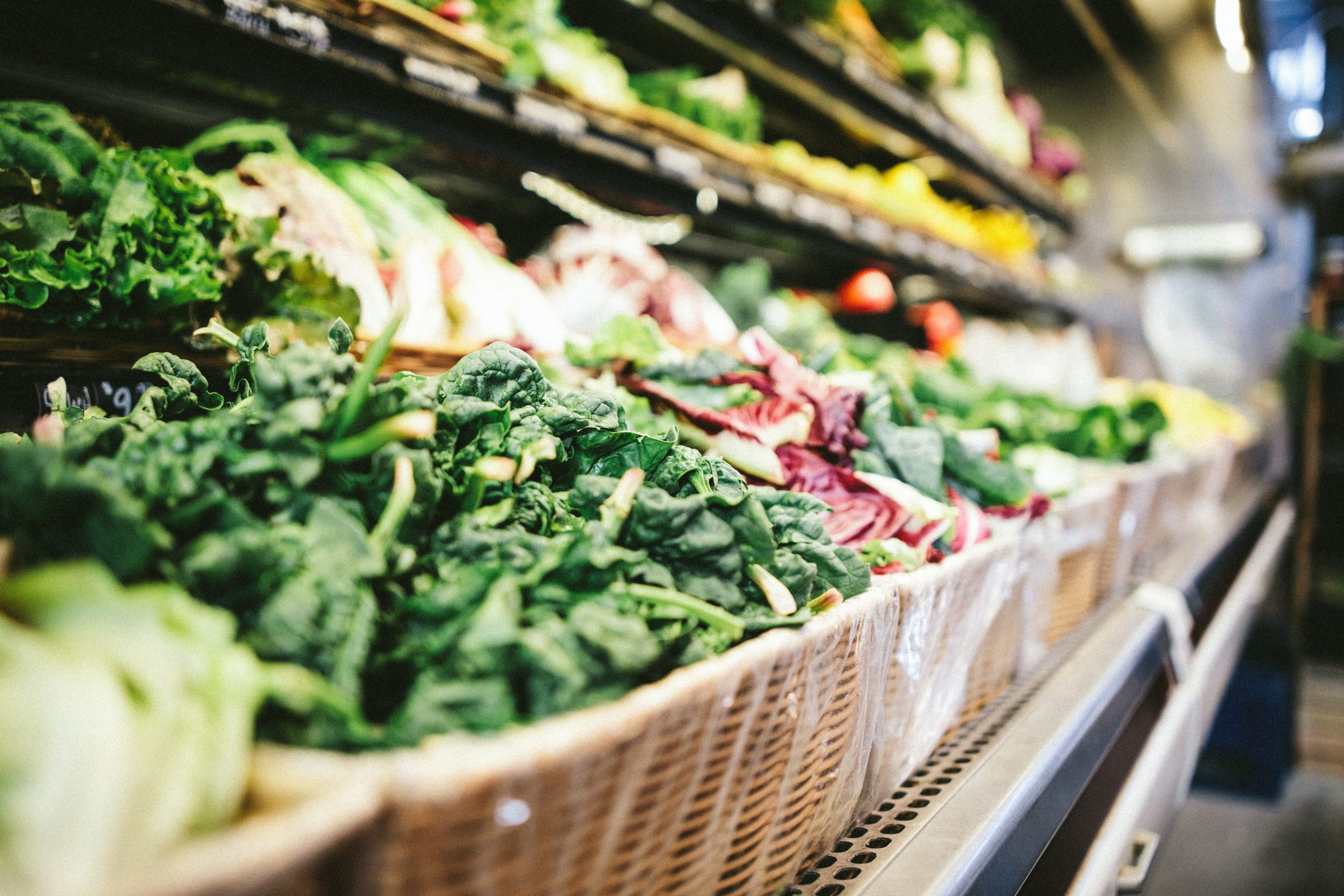Adopting a zero-waste lifestyle has become increasingly important in today’s society as environmental concerns grow. A fundamental component of this lifestyle is developing a zero-waste grocery shopping routine. You can reduce waste, save money, and contribute to a more sustainable future by making deliberate decisions and using simple tactics. This article will lead you through realistic steps for developing a waste-free grocery shopping routine that meets your budget.
Before getting into the intricacies, it is critical to understand the core ideas of the zero waste philosophy. Zero waste aims to reduce waste generation, enhance resource consumption efficiency, and create a circular economy. Some of the 5 R’s are Refuse, Reduce, Reuse, Recycle, and Rot.
You can build a zero waste food shopping habit using these suggestions as a guide.
A zero waste food buying habit can be created with proper planning and preparation.
Make a grocery list:
Make a detailed list of what you need so that you only buy what you need and avoid impulse purchases.
Meal preparation:
Plan your meals for the following week to avoid food waste and ensure you buy the correct quantities. Find creative ways to repurpose leftovers to reduce waste.
Investigate Local Bulk Stores and Farmers’ Markets: Look for unpackaged, regionally made foods at local farmers’ markets and bulk stores. These alternatives are typically less expensive.
Adopt the following procedures at the grocery shop to reduce waste and stay within your budget:
Please bring reusable bags: Carry reusable bags to avoid using single-use plastic bags. Choose bags made of natural fibers that are machine-washable and long-lasting.

Carefully select fresh produce: Choose loose produce over pre-packaged produce. Also, choose organic and locally farmed produce whenever feasible, and avoid excessive packaging.
Likewise, purchase dry items in bulk to save packing waste. Grains, beans, and spices are a few examples. Fill your own canvas bags or reusable containers.
In addition, avoid single-use items such as straws, plastic water bottles, and disposable cutlery. Reusable options such as metal straws, bamboo utensils, and stainless steel bottles are available.
Following your supermarket shopping, it is critical to efficiently manage waste.
Start a composting system at home to recycle food scraps and create nutrient-rich soil for your plants. Composting keeps organic waste out of landfills.
Recycling correctly: Dispose of your recyclable items in accordance with your local recycling standards. Rinse the containers and discard anything that cannot be recycled.
Budget-friendly zero-waste food buying necessitates careful planning, decision-making, and minor lifestyle changes. Therefore, by following the standards of the zero waste philosophy and putting the ideas offered into reality, you may substantially reduce waste, save money, and help create a more sustainable future. In effect, every step you take to decrease your waste count, you will inspire others to follow your example to join the struggle to make the planet greener and cleaner.

